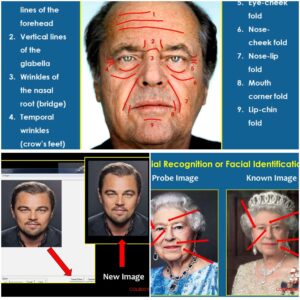
Now that the year-long process of establishing a Police Surveillance Advisory Board in Vallejo is drawing to a close, it is time to turn our attention to seating members on this board. Vallejo is a small city, with only 141,000 people, and the SAB is an important first step in changing the culture from police impunity to one of oversight and civic empowerment. The SAB is advisory and is charged with guiding the City Council regarding the acquisition and use of surveillance equipment and technology, collecting public input from Vallejo residents and recommending policies and legislation regarding such use. Each City Council member appoints one member to the body and it meets as often as needed but no less than bimonthly.
Each Council district in Vallejo represents approximately 20,000 people, so people who live in Vallejo who care about privacy protections, civil rights, law enforcement overreach, and civilian oversight should seriously consider if they can throw their hat into the ring to help this SAB get off to a good start. The SAB has the ability to consult experts for assistance in crafting their recommendations and advice, and will have our support as well as that of the ACLU and others.


